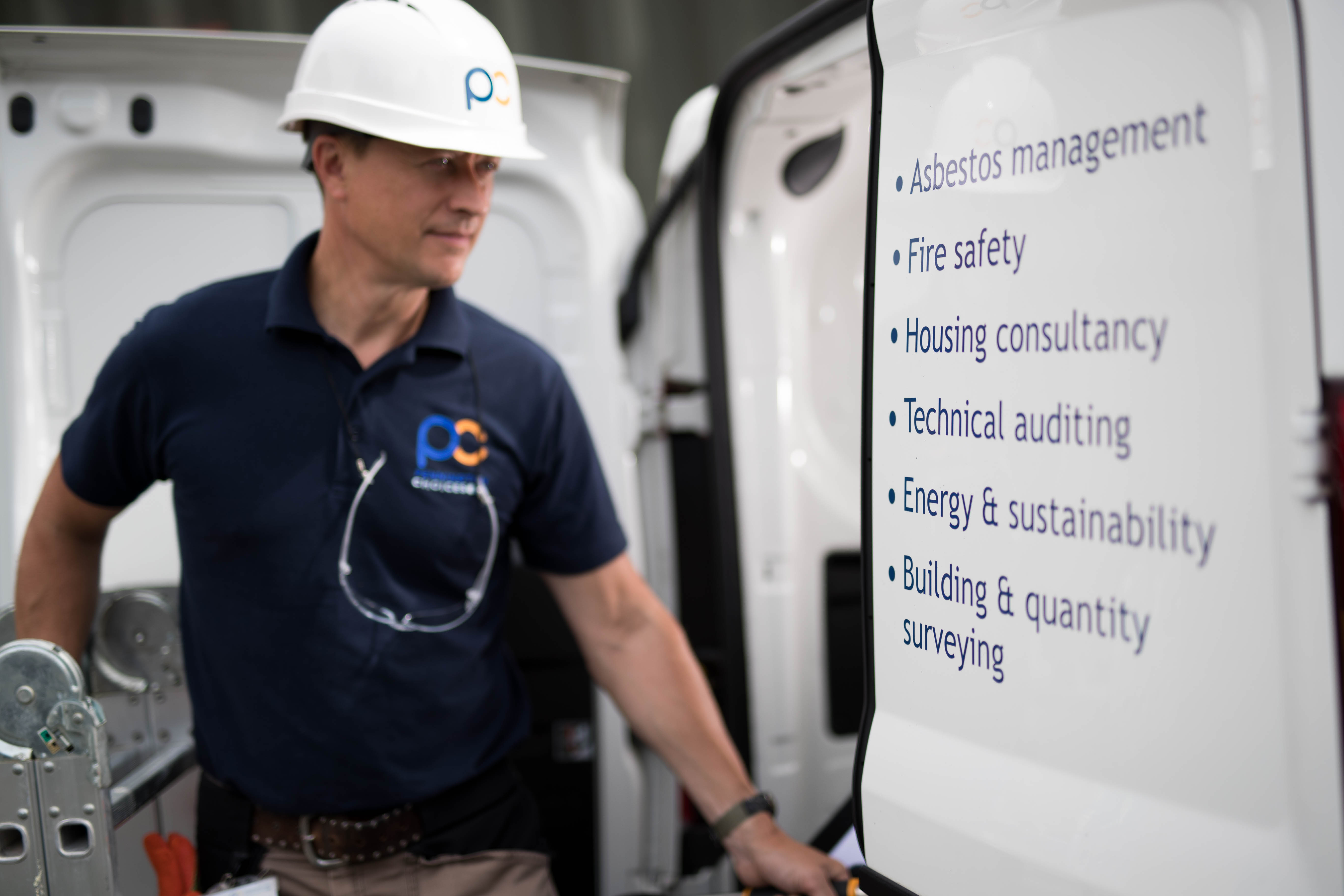Stay connected
The UK government is stepping up efforts to make social housing safer by tightening rules around electrical safety. The changes follow a public consultation that received responses from tenants, landlords, electrical professionals, and others. There was strong support across the board: 97% backed mandatory five-year electrical installation checks, 83% supported testing of appliances provided by landlords, and 84% agreed that tenants’ own appliances shouldn’t be legally required to be tested.
With this clear backing from both the public and professionals, the new measures are aimed at improving safety and offering greater peace of mind for everyone. Here's a quick breakdown of what’s changing and why it’s so important.
For expert insights into the upcoming electrical safety changes and a recap of your current requirements, catch up on our on-demand webinar, Understanding Electrical Safety Requirements in Social Housing.
Why this matters
Tragic incidents like the Grenfell Tower fire and the heartbreaking death of Awaab Ishak have highlighted serious safety gaps in social housing. Unlike private landlords, social landlords haven’t been required to do regular electrical checks, but in truth, many of us saw this change coming. These new rules aim to fix that and ensure all tenants have homes that are not only decent but safe.
Key changes at a glance
Starting in November 2025 for new tenancies and May 2026 for existing ones, the following requirements will become law:
- Electrical installation checks: Social landlords must inspect electrical systems at least every five years.
- Tenant reports: Tenants must receive an Electrical Installation Condition Report (EICR) within 28 days of inspection or before moving in.
- Appliance testing: Any appliances provided by the landlord must undergo Portable Appliance Testing (PAT) and be included with the EICR at least every five years or as advised by a qualified inspector.
- Remedial work: Landlords will be required to fix identified hazards within 28 days.
Enforcement and penalties
Local housing authorities will be in charge of making sure these new rules are followed. If a social landlord fails to comply, they could face fines of up to £40,000. Whilst that might sound steep, it’s about making sure everyone takes electrical safety seriously. The good news is that any fines collected will stay with the local authority, helping them fund further enforcement and keep improving safety standards in the community.
Access and practical challenges
One big challenge with carrying out safety checks has been simply getting into tenants’ homes. By making these checks a legal requirement, the government hopes more tenants will cooperate. Landlords won’t be penalised if they can show they tried their best to do the work. Meanwhile, tenants will get more support and information to help them understand their rights and the importance of electrical safety.
Skills and capacity
During the consultation, housing providers raised concerns about a lack of skills and capacity in the electrotechnical sector. They also worried about the extra pressure they might face if the changes were not introduced gradually. In response, the government has been clear: social landlords will not be seen as breaching the rules if they can show they have made genuine efforts to find qualified and competent professionals to carry out inspections and any necessary remedial work within the set timeframes. That said, landlords are still expected to do everything reasonably possible to get the work done as soon as they can.
The good news is that many social landlords are already treating electrical safety as a priority and following best practices, so the changes shouldn't cause too much disruption across the sector. To make things easier, the government is rolling out the new requirements in stages. This gives landlords time to prepare, strengthen their teams, and find the right people for the job. New guidance will also be available to support them in making those hires.
Raising standards for good
These new rules are designed to bring social housing up to the same safety standards as the private sector. Tenants should feel more confident that their homes are being looked after. The government will also track progress through tenant feedback and stronger oversight from housing regulators.
This is a big step toward making sure everyone, no matter where they live, has the same level of safety at home. For landlords, it clears up what’s expected of them. For tenants, it means more protection and the comfort of knowing their homes are being properly looked after.
Looking for further support navigating the upcoming electrical safety changes? Get in touch with our experts who will support you, regardless of where you are in your electrical safety journey.
.webp?width=600&height=150&name=Pennington%20Choices%20Logo%20(reduced).webp)


.png)

